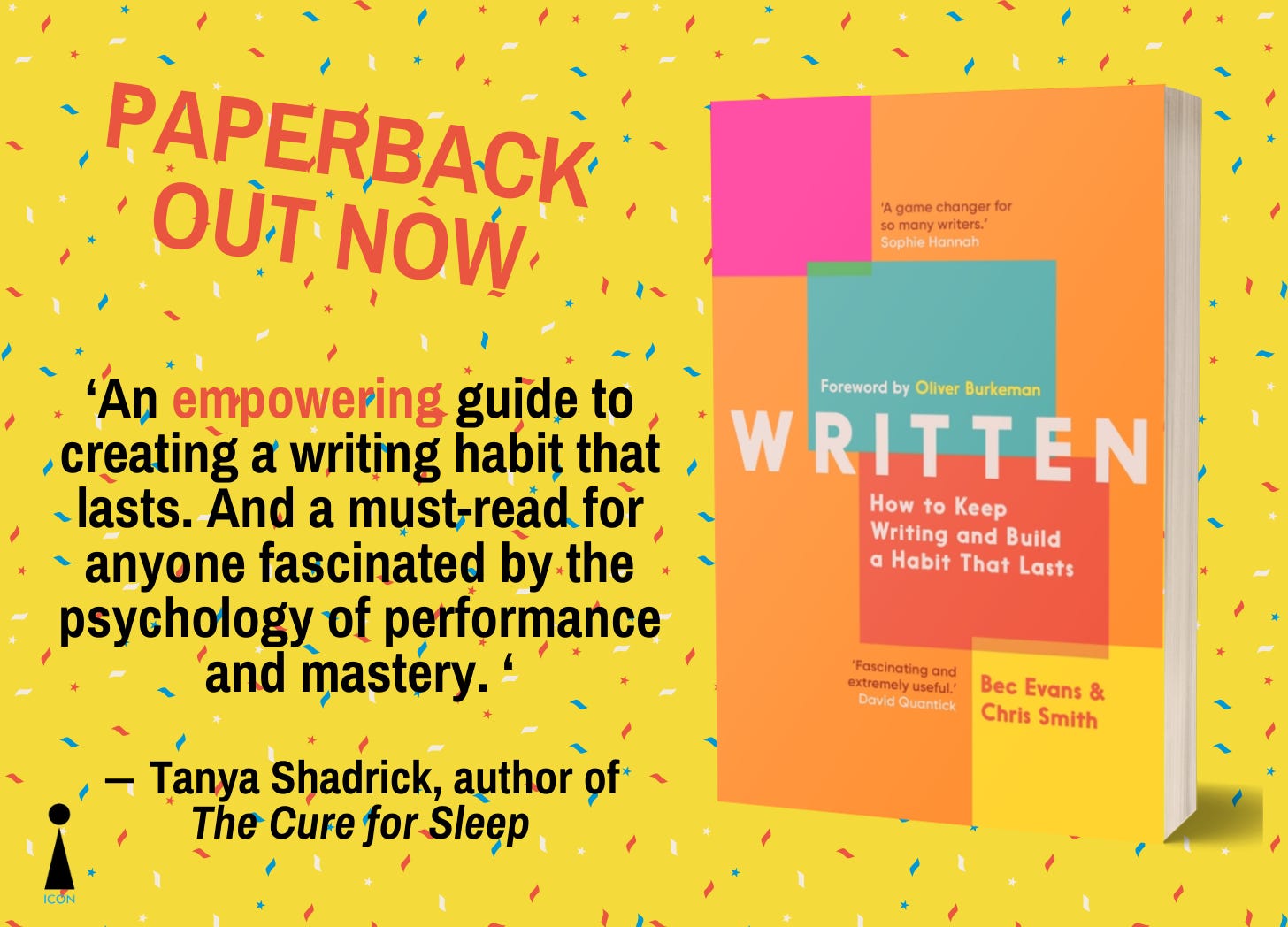It ain’t what you do it’s the way that you do it
From the big idea behind the 10,000 hours rule to getting your jive to swing. With thanks to Malcolm Gladwell, K Anders Ericsson, Bananarama and Fun Boy Three.
In 2008, The New Yorker journalist Malcolm Gladwell wrote a book called Outliers: The Story of Success which left eminent psychologist K. Anders Ericsson feeling rather miffed.
Why? Because Gladwell had taken Ericsson’s theory of deliberate practice, repackaged it into a ‘big idea’ book that got everyone talking. Outliers went on to be a bestseller and even now, many people think Gladwell is responsible for naming the 10,000 hour rule. So catchy! But in so doing, Ericsson felt he’d oversimplified a few areas of his research - which is enough to put any eminent psychologist’s nose out of joint.
But I can’t imagine Ericsson stayed mad with the journalist for long. Because Gladwell is an excellent writer and communicator, he also brought Ericsson’s dense, dry-as-the-Sahara-desert piece of academic research to the attention of millions.
Practice doesn’t make perfect
You’ve probably heard about the 10,000 hour rule before. It’s the idea that you need to put in 10,000 hours of practice to whatever you’re doing before you become an expert at it.
While 10,000 hours sounds an awfully long time to do anything for, it’s better than the alternative: that some people are just born with talent. If you believe this then why bother trying to improve at anything?
Gladwell uses the example of the Beatles playing in dingy backroom bars in Hamburg in the early 1960s to illustrate this rule. Over 1,200 gigs, they amassed more than 10,000 hours of performance time and transformed themselves into the global musical sensation that they became. But it’s not a simple equation.
Paul McCartney himself said after reading Outliers that there were many bands playing in Hamburg who put in the same amount of time as them and didn’t make it. The Fab Four were doing something different. So what was it?
What gets results?
Ericsson went on to repackage his research for a wider audience, first in an article for The Harvard Business Review1 and then in his book Peak: Secrets from the New Science of Expertise. We also cover it in the Mastery2 chapter of our book Written – so if you’re interested in how deliberate practice works for writers, check that out.
However, I am of simple brain and like to explain it by using lyrics from the middle chorus of Bananarama and Fun Boy Three’s 1982 chart topping hit. Namely:
It ain't what you do, it's the way that you do it
It ain't what you do, it's the time that you do it
It ain't what you do, it's the place that you do it
And that's what gets results
You can try hard (aah-ahh-ah)
Don't mean a thing (aah-ahh-ah)
Take it easy (aah-ahh-ah)
Then your jive will swing (aah-ahh-ah)
Quite simply, if you want to get better at something, your practice needs to be about more than just volume. Trying harder, doing more, writing for longer might not always help.
Expertise (and a swinging jive) comes through improving how you practice and learn your skill. Whether you stay in your comfort zone or push yourself a little. Whether you’re open to feedback or are closed off.
Pay attention to how you practice as well as what you do and you’ll learn and grow as a result.
Keep going :)
Chris
Available from Amazon and all good bookshops.
In explaining deliberate practice, Ericsson wrote that:
“The development of genuine expertise requires struggle, sacrifice, and honest, often painful self-assessment. There are no shortcuts. It will take you at least a decade to achieve expertise, and you will need to invest that time wisely, by engaging in ‘deliberate’ practice—practice that focuses on tasks beyond your current level of competence and comfort. You will need a well-informed coach not only to guide you through deliberate practice but also to help you learn how to coach yourself.”
As well as sharing research and stories from writers, we break down the elements of deliberate practice to include:
Drive: the intrinsic motivation to engage in the task.
Effort: working hard to improve performance.
Stretch: practising close to the edge of your current level of ability.
Feedback: to get knowledge of your progress and results.
Repeat: high levels of task repetition.









A certain 80s song now ricocheting around my brain 🤣
Can I ask you both a question? In terms of writing, how do you know when you're "good enough"? What works for one editor might not work for another and when do you know how to stay the course you're on, or pivot?
As an example, I only enjoy writing - and believe I write best - when it's my style and about something I'm passionate about. If someone says "nope, you need to write like this" I don't think I'd enjoy it the same way.
I realise there are no easy answers here BTW...😭
In ‘Mastery’, Robert Greene agrees and puts that jive down to what he calls the ‘primal inclination’, in other words - the stuff that you just loved doing as a kid. if you can tap into that, then not only do the 10,000 hours fly by, but you fly while doing them.